|
Written by Jill Hicks, Speech-Language Pathologist, November 2022 We all want our students with Down syndrome to succeed. Every goal we choose to work on will likely require lots of practice until it is learned and carried over. Given the intensive amount of practice required, there is necessarily a finite number of skills that can be practiced at any one time. Choosing the right goals therefore becomes extremely important. What we choose to work on will directly impact the student’s ability in that area. It is well known that speech and language are an area of particular weakness for most people with Down syndrome. We also know how important verbal communication is in numerous areas of life. Being able to speak well enough to be understood impacts social connection, academic performance, employment opportunities, independence, and ultimately quality of life.
This challenges us to step back and assess our goals in light of our student becoming an adult. It is easy to choose goals based on what content is being taught at a particular grade level, and we all naturally gravitate to goals that allow us to use skills we have, and programs we’re familiar with. However, we need to look beyond what is familiar and comfortable, and instead focus on the student’s needs, setting goals that lead to successful adulthood. Clear verbal communication is a basic academic skill. It is addressed in curriculum guidelines as shown in the Nova Scotia government’s document English Language Arts Primary Guide available online.
These outcomes require a foundational level of oral language ability for communication. And communication is successful when the oral communication is intelligible enough to be understood by the listener. So a child with poor or reduced intelligibility will have difficulty meeting even the entry level of academic skills in language arts. This highlights that speech is a fundamental skill. For a child in a grade higher than Primary (kindergarten), these fundamental oral language goals are still very much applicable. For many children with Down syndrome who have poor speech intelligibility, improving speech intelligibility should be their primary academic goal. Knowing this should help us as SLPs and educators put a primary and weighty focus on developing the student’s speech. This focus is reflected in a careful assessment of the child’s speech and language, setting specific articulation goals, and allotting significant time every day to practice speech skills.
As we make speech development our highest priority and allot time for intensive daily practice, we give the student the highest likelihood of achieving intelligible speech. We prepare the student for an adulthood with successful relationships, work and independence.
0 Comments
Leave a Reply. |
For a powerful resource to help your child speak
AuthorJill Hicks is the mother of a child with Down syndrome and a speech-language pathologist. Her passion is to empower others to help people with Down syndrome. WhArticles
|

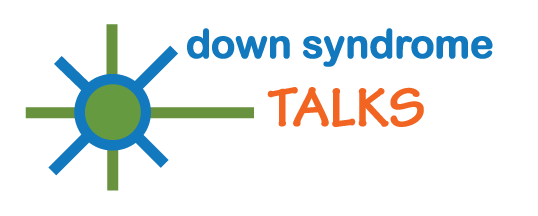
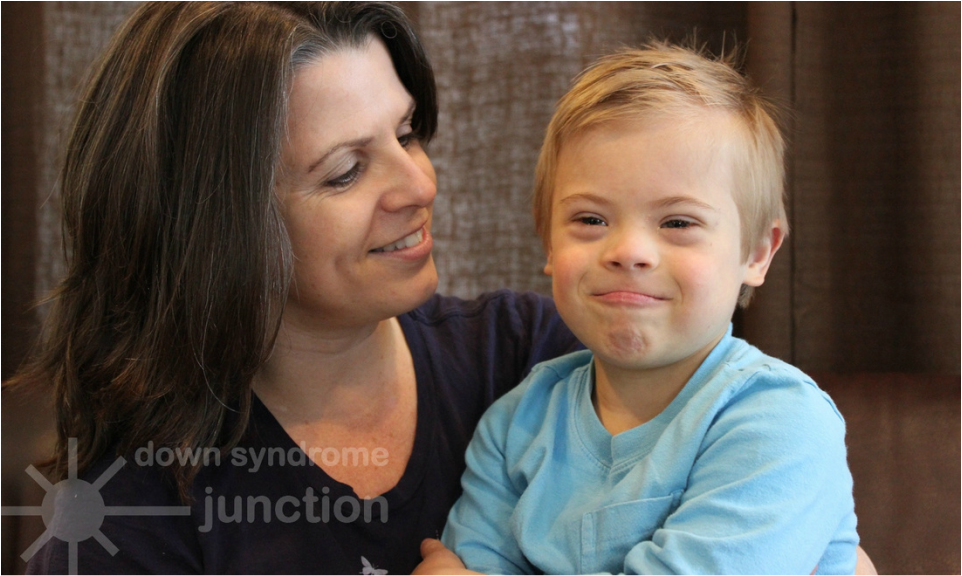
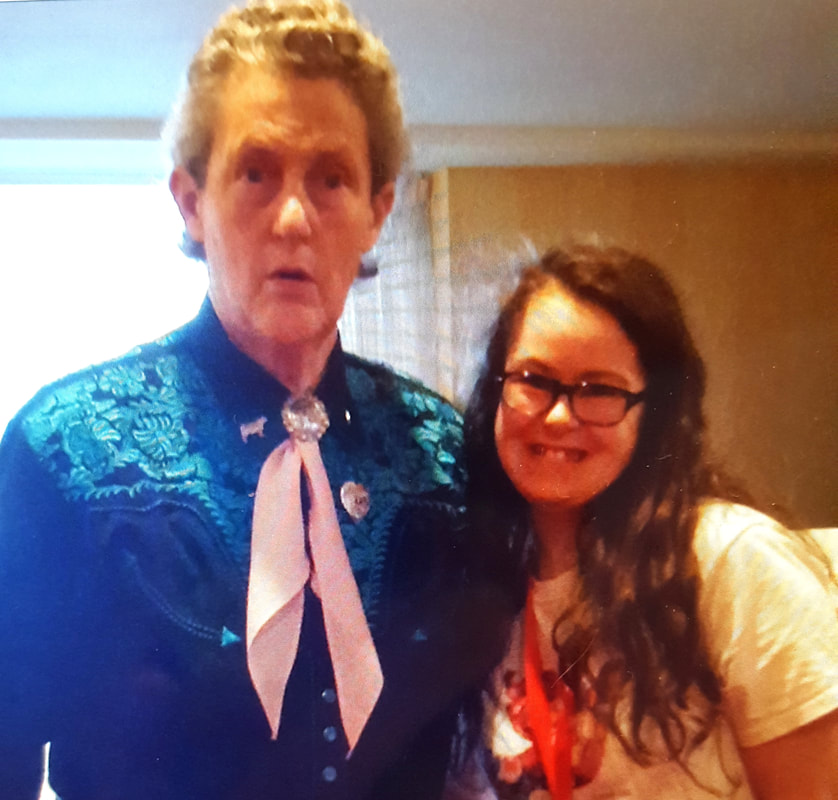
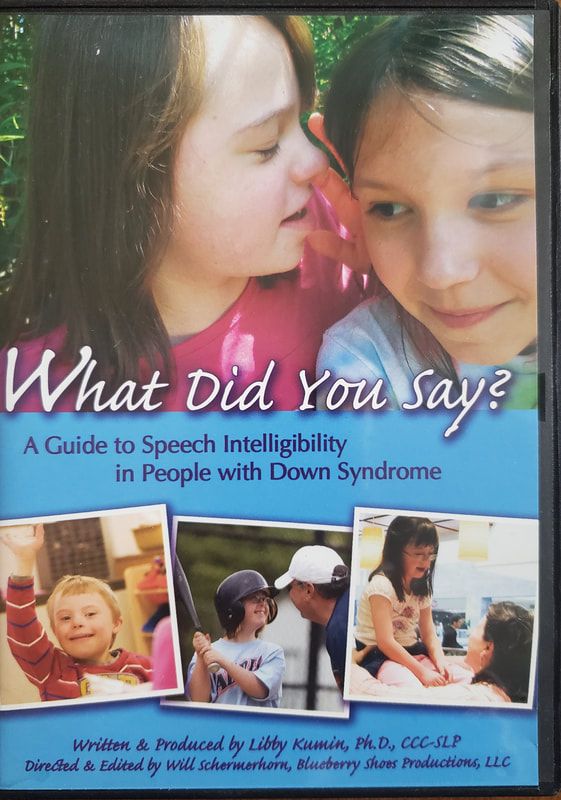
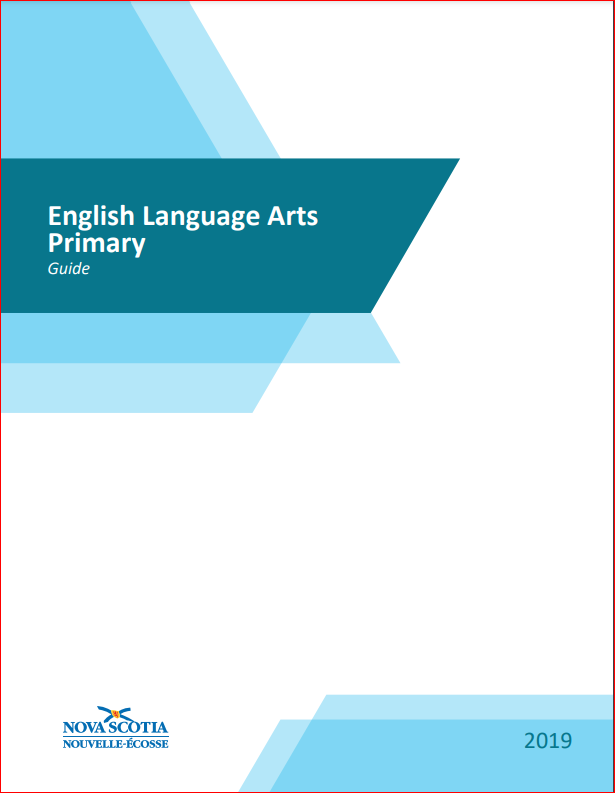

 RSS Feed
RSS Feed
